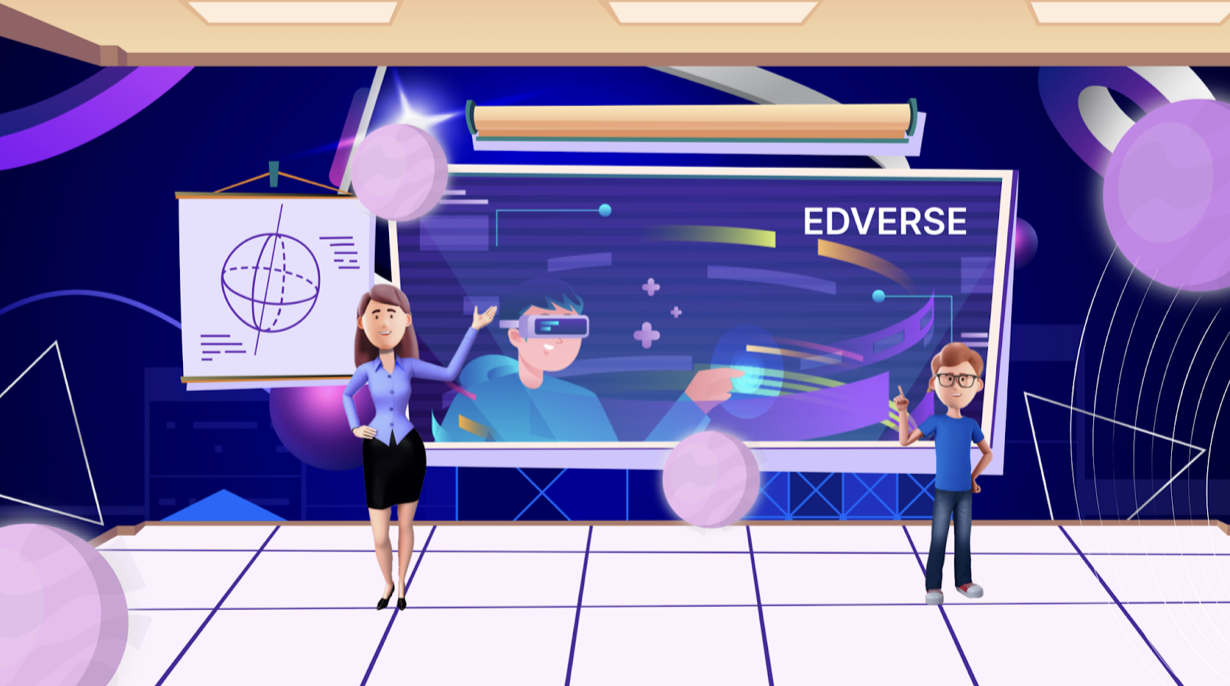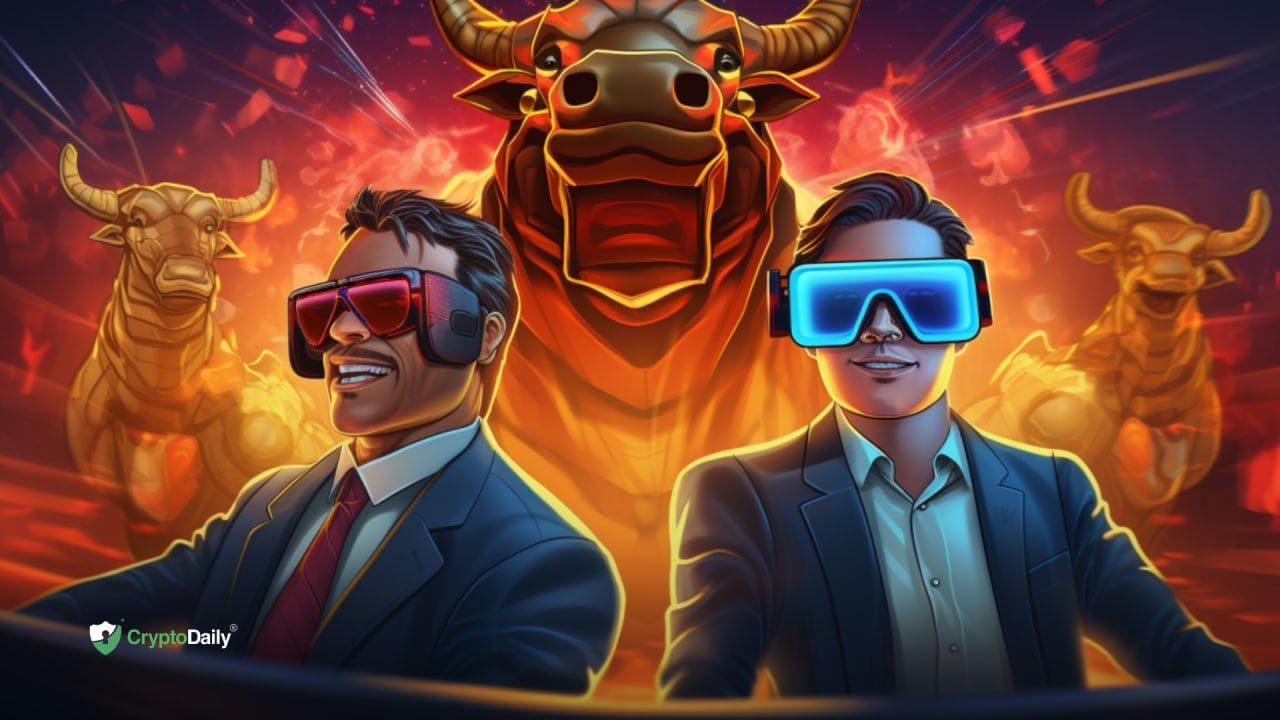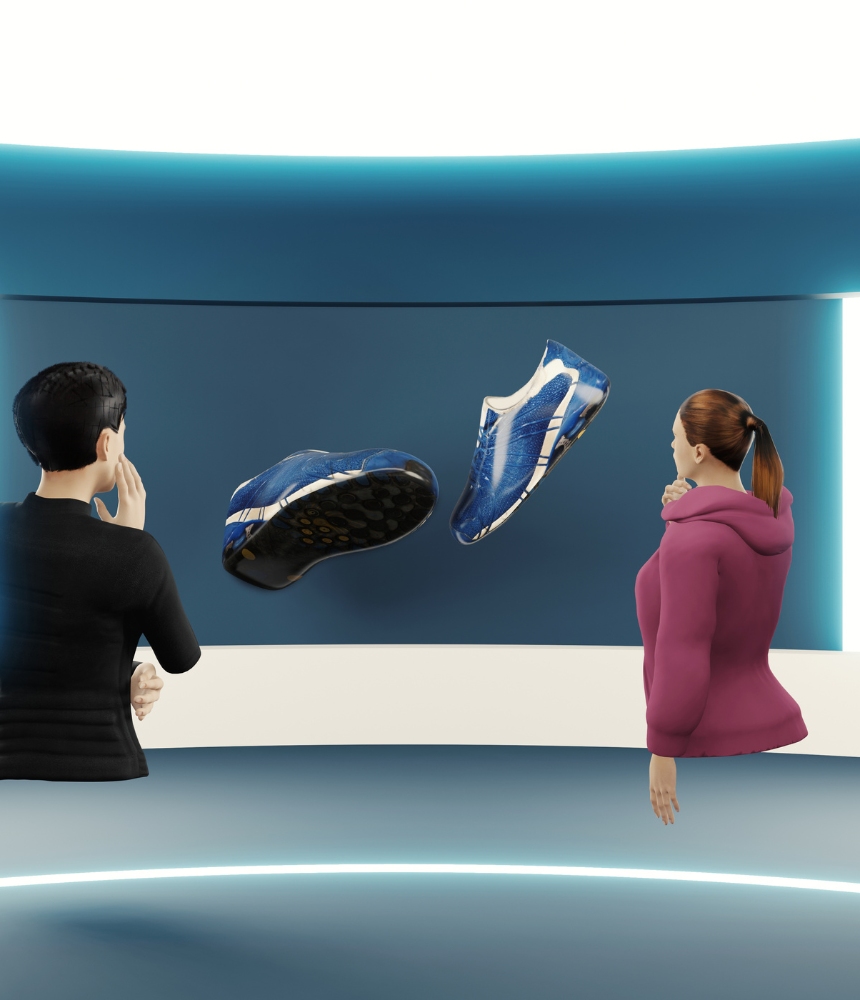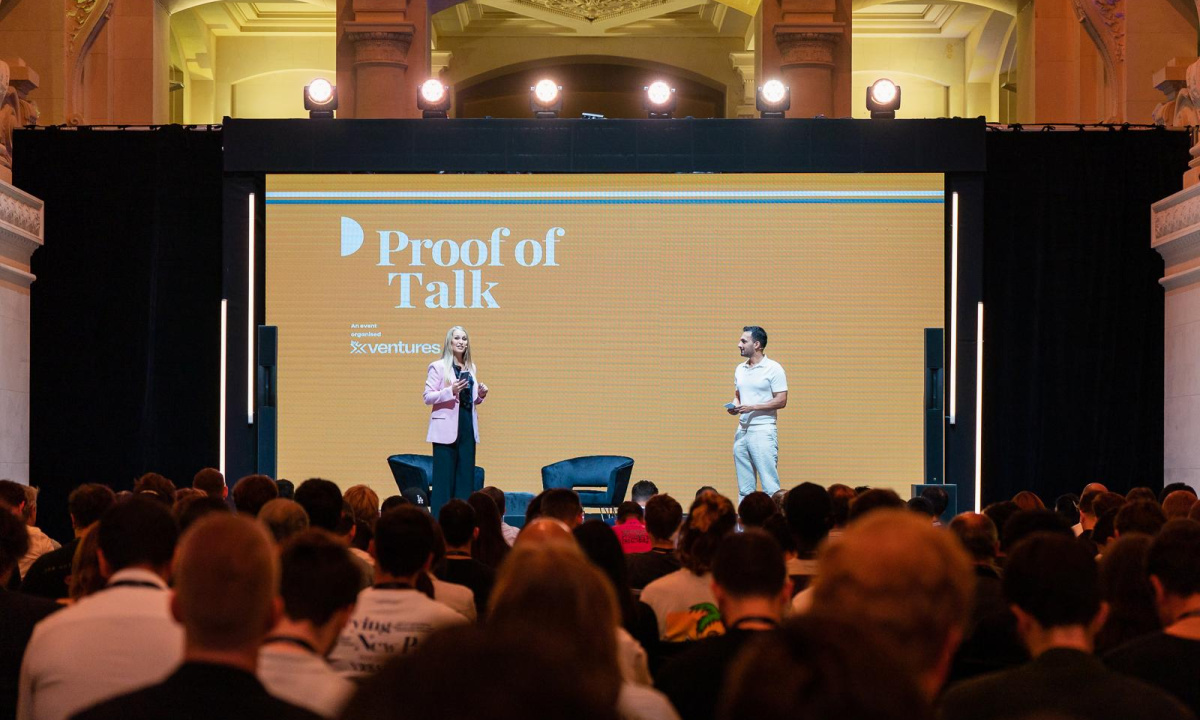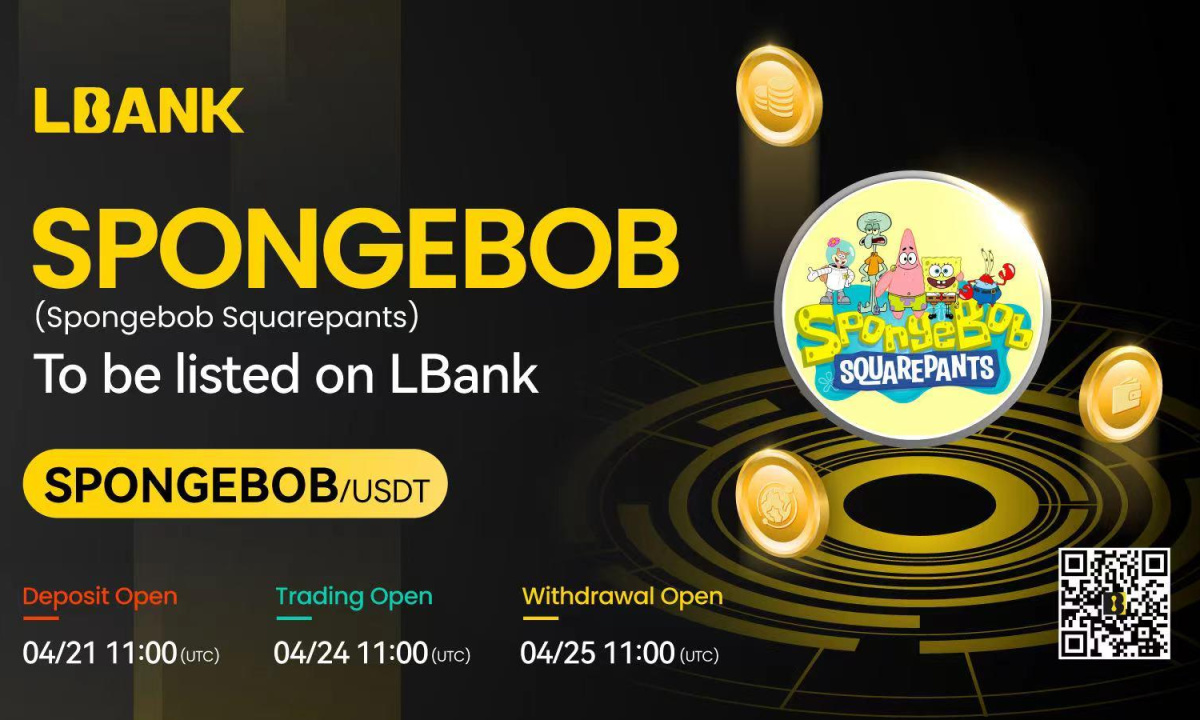During the COVID-19 pandemic, over one billion students fell behind in their studies due to schools shutting down. Besides widening the gap between historically disadvantaged students and prevalent opportunities, nearly 35% of parents were also concerned about their children's mental health.
During the COVID-19 pandemic, over one billion students fell behind in their studies due to schools shutting down. Besides widening the gap between historically disadvantaged students and prevalent opportunities, nearly 35% of parents were also concerned about their children's mental health.
The pandemic had simply shed light on a pre-existing issue: accessibility and quality of education to meet various needs and circumstances. However, while online classes were a band-aid on a bullet wound, there is a more effective solution to digital learning: the Metaverse.
How Can The Metaverse Improve Learning?
The metaverse can provide an immersive and interactive learning experience, which is more effective for students than traditional methods. In the metaverse, lessons can be designed to be as hands-on as possible with virtual field trips, simulations, and other engaging activities.
Since the metaverse is a digital space, it has the potential to be customized specifically for each student. In other words, every student can have their own version of the lesson plan that is tailored to their learning style and needs. This is in contrast to mass-produced education content that often does not consider the individual.
Furthermore, the metaverse can be used to connect students from all over the world in a safe and secure environment, as this allows for a more diverse range of perspectives and experiences to be shared in the classroom.
Caveats to the Existing Education System
The traditional education system has been ineffective at imparting knowledge for various reasons. The textbook learning method and grading system have simply put pressure on children to score perfect marks rather than truly understanding the information they are reading.
Even with online classes and dedicated e-learning platforms, the reliance is overly on a one-way interface between the lecturer and the students. In addition to that, these platforms are often not nearly as engaging as they should be to grasp students' attention.
There is also the use of active learning versus passive learning. Active learning puts the focus on students or learners. The course material is structured around helping the students think for themselves and analyze information. It enables students to process information effectively and helps to improve retention and understanding.
In contrast, passive learning focuses on the teacher. Students are forced to learn and translate course materials. In addition, passive learning is detail-oriented and emphasizes active listening skills, whereas active learning facilitates discussions and debates.
Traditional teaching methods often rely on passive learning methods due to the restrictions presented within the physical and virtual Zoom classrooms.
Education in the Metaverse
The metaverse unlocks a myriad of possibilities in the field of education. It can help bridge teachers and students from remote locations while simultaneously meeting in one location virtually. Students will also have the advantage of studying in a truly immersive 3D environment relating to any subject they might be studying. Virtual worlds on the metaverse can get students excited about learning again.
The barrier of physical location to learning is no longer there. Metaverse enables students from all over the world to come together and learn, which raises their level of involvement. Students are part of the discussion and are actively engaged.
Teachers will have the ability to create virtual landscapes to help enhance their lesson plans and students’ learning experiences. Roblox already employs a similar concept for setting up Roblox Classrooms. The metaverse extends this further with Augmented Reality (AR) and Virtual Reality (VR) to enhance the experience.
The extent of these virtual worlds can span from testing physics concepts in a safe environment to role-playing activities to recreating historical events. Students can teleport to the historical sites or events, leading to not only better and faster learning but also reducing the number of lessons to one. Experiential learning will be better suited for students living in the digital era, where their attention spans are already fading drastically.
Edverse is a metaverse project that focuses on utilizing the potential of metaverse for education. It offers support for teachers in launching courses and accessing the most extensive Ed NFT library. In addition, teachers can also monetize their lesson plans and courses by converting them into Ed NFTs that can be traded on the network.
With a vision to decentralize and democratize education, Edverse is bringing a paradigm shift to the world of education by introducing the learn-to-earn concept. Here, all stakeholders can participate, upskill themselves and learn for free while earning $EDV tokens.
Learners will be able to learn through the most immersive experience yet. The hyper-personalized journey will help students adapt the information to their understanding and learn better. Students will also avoid being limited by institutional education delivery, as they can avail courses based on the subject and educator rather than a single institution.
Conclusion
Hyper-personalized learning and gamification of concepts through AR and VR in Metaverse allow students to experience details never before & the students are hooked. Students will be presented with a real-world example that fuses all disciplines into one holistic, engaging learning experience.
Adapting to the metaverse experience of education can help prevent any further delay in education and inadvertently reduce the labor force.
The greater learning experience provided through the likes of Edverse will also help enhance the overall skills of students and create more opportunities to help them grow intellectually.
Disclaimer: This article is provided for informational purposes only. It is not offered or intended to be used as legal, tax, investment, financial, or other advice
